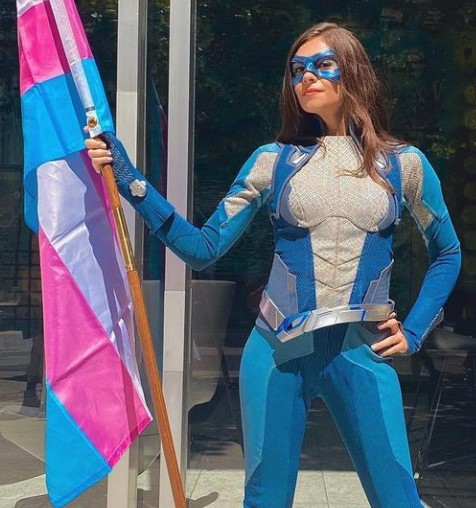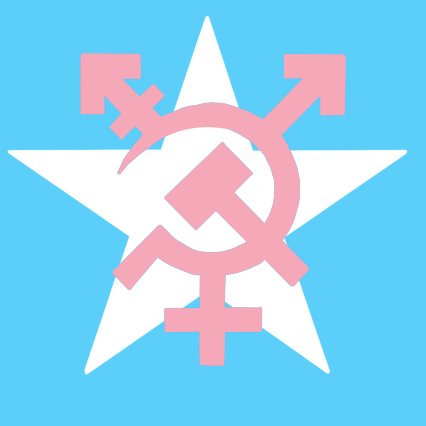Time for yet another essay on Transgender Marxism
This essay marks the halfway point!
The PDF is here - https://transreads.org/wp-content/uploads/2021/07/2021-07-15_60f0b3d5edcb7_jules-joanne-gleeson-transgender-marxism-1.pdf
The Intro Discussion with links to all previous essay discussions is here - https://lemmygrad.ml/post/395378
If you’re unsure what this post is: I’m leading a discussion group in real life on Intersectional Marxist Transfeminism, and I thought some of my comrades on the Internet may be interested in reading this essay collection as well.
This will be my initial read-through and note-taking. I hope to spark a discussion, or at least for us to learn something new together. So feel free to add comments and ask questions <3
Today’s essay is Queer Workerism Against Work: Strategising Transgender Labourers, Social Reproduction & Class Formation by Kate Doyle Griffiths.
Kate Doyle Griffiths is an anthropologist at City University of New York’s Graduate Center, a lecturer at Brooklyn College, and co-chair Red Bloom in New York City. Kate is an editor of Spectre. They are an ethnographer who writes about Southern Africa and the USA, workers, strikes, health and medicine, gender, Queers, race, class, Marxism and what is to be done.
Edit: the discussion continues with the next essay, by Farah Thompson, here - https://lemmygrad.ml/post/417377


“In street marches and social movements, at times culminating in mass strikes, we’ve seen the question of transgender peoples’ rights become a focus of radicalising demands. These struggles have paved the way for renewed militancy within the long-captured and staid mainstream feminist and LGBT movements, long-dominated by NGOs. Trans liberation has not existed at odds with ‘bread and butter’ concerns, but has been mobilising as a concern for workplace organising – along with the defence of sex workers, the liberation of Palestine, and opposition to racist police repression. These concerns have never been at odds with workplace organisation”
Alright, the last bit about queer anti-apartheid activists in South Africa was pretty good. There were some points earlier that were interesting. But in general the main thesis of the essay was that queer people should do labour organising alongside cis people, which is obvious to say the least.
I appreciate some of the sentiment–the assertion that class reductionists are inherently missing the point by not understanding the radicalisation potential of intersectional organising. I agree there.
I wouldn’t recommend this essay in particular, but I also wouldn’t dis-recommend it. I personally won’t be seeking out anymore of Griffiths’ writing on this subject, though I am a little intrigued on their specialisation in South Africa.
Thanks for reading along! <3